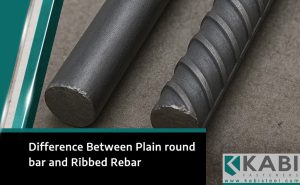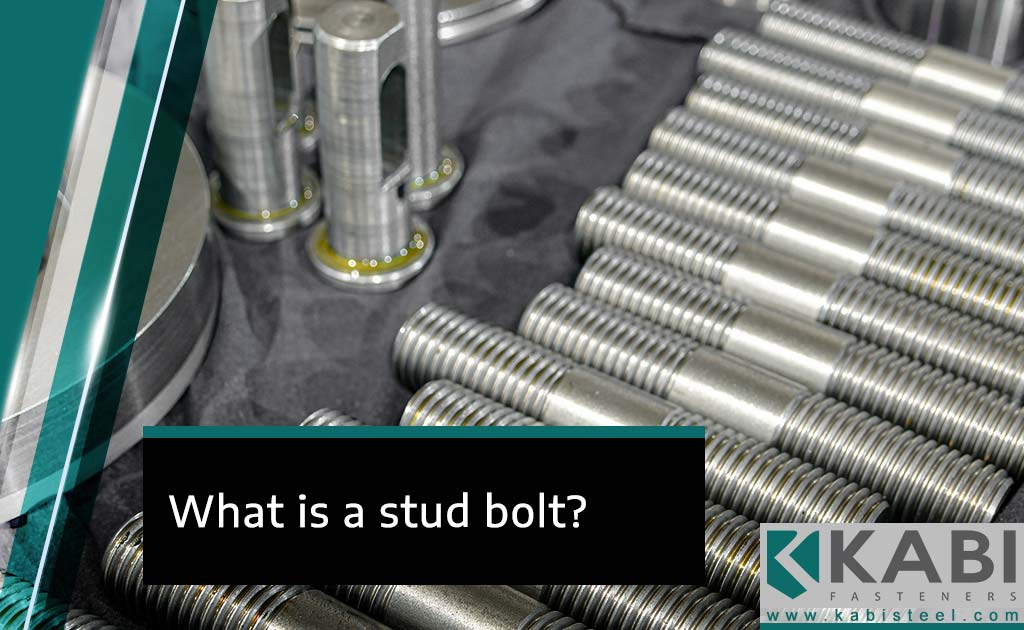A stud bolt is a type of fastener that is widely used in construction, engineering, and manufacturing industries. Unlike traditional bolts that have a head, a stud bolt is a long, straight fastener with threads on both ends. These bolts are designed for a variety of applications, including securing heavy machinery, pipes, and flanges. In this article, we will explore the definition of a stud bolt, its uses, and the various stud bolt standards that ensure its quality and performance.
The Design and Structure of a Stud Bolt
A stud bolt typically consists of a straight shaft with threads at both ends, allowing it to be screwed into a nut or into a threaded hole. Unlike regular bolts, which have a head for tightening, the stud bolt screws are installed in a way that both ends are used for connecting parts. This design makes stud bolts ideal for applications where space is limited or where a high degree of strength and reliability is required.
In general, the length of the stud bolt can vary, and they are available in various sizes and materials to meet different specifications. Stud bolt fasteners are designed to withstand high tension and are often made from materials such as stainless steel, carbon steel, or alloy steel to ensure durability and resistance to corrosion.
Common Uses of Stud Bolts
Stud bolts are essential in many industries, especially in construction, mechanical engineering, and oil and gas. They are commonly used in applications where two parts need to be securely fastened without the need for a bolt head. Some of the most common uses include:
- Flange connections: Stud bolts are widely used in flange connections to secure the flanges of pipelines and machinery.
- Heavy machinery: Stud bolts are also used to fasten heavy equipment parts, ensuring that the components stay securely in place.
- Pressure vessels: Due to their ability to handle high levels of tension, stud bolt fasteners are commonly used in pressure vessels, where reliability and safety are paramount.
The ability to use stud bolts in such critical applications highlights their importance in ensuring the stability and safety of various structures.
Stud Bolt Standards and Specifications
To ensure that stud bolts meet industry standards, they are manufactured according to strict guidelines. Stud bolt standards such as ASME (American Society of Mechanical Engineers) provide a framework for the design, testing, and use of these fasteners. These standards ensure that the bolts meet the necessary strength, durability, and material quality required for high-performance applications.
For instance, the ASME B18.2.1 standard specifies the dimensions, tolerances, and material requirements for studs and other similar fasteners. Compliance with these standards ensures that the stud bolt screws perform reliably, even under extreme conditions.
Manufacturers may also adhere to other standards like ISO, ASTM, or DIN for specific applications, depending on the region and industry requirements.
Choosing the Right Stud Bolt for Your Application
When selecting a stud bolt, it’s important to consider several factors, including the material, size, and strength requirements. Some key considerations include:
-
Material: Different materials such as stainless steel, carbon steel, and alloy steel offer different strengths and resistance to corrosion. The right material will depend on the application environment, such as whether the bolts will be exposed to chemicals or extreme temperatures.
-
Size and Threading: The size of the stud bolt is crucial to ensuring that it fits properly with the nuts or threaded holes it is intended for. It’s important to match the correct thread type and length for the application.
-
Load and Tension: The strength of the stud bolt fasteners should be chosen based on the amount of load and tension it will bear. Heavy-duty applications will require stronger bolts that can withstand high levels of stress.
Choosing the right stud bolt is essential for ensuring the long-term performance and safety of your projects.
Conclusion
In conclusion, a stud bolt is a versatile and essential fastener used in a variety of industries. With threads on both ends, it is designed to secure parts and withstand high tension. Understanding stud bolt standards, selecting the correct material and size, and ensuring proper installation are all key to utilizing these fasteners effectively. Whether you are working with stud bolt screws in pressure vessels or using stud bolt fasteners in mechanical systems, these fasteners play a critical role in ensuring the safety and reliability of your machinery and infrastructure.
By adhering to the right stud bolt standards, you can ensure that your fasteners meet the required specifications and perform effectively in your applications.






